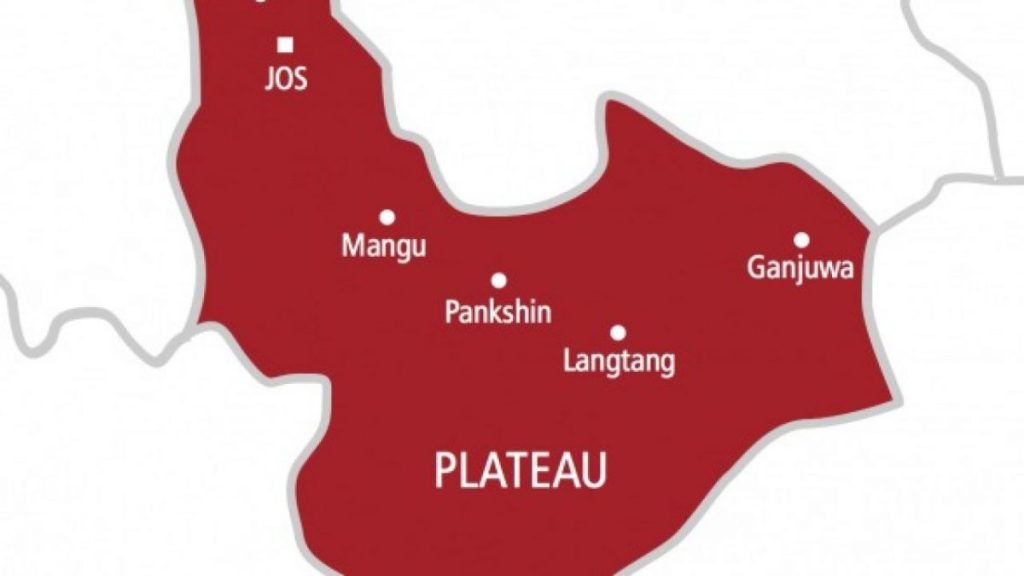Nigerian rapper and music executive M.I Abaga has expressed his preference for raising his future children in Nigeria, citing the country’s strong sense of family and community as a key factor. In a recent interview, the hip-hop star highlighted the supportive environment that Nigeria offers for raising children, particularly when compared to some Western countries.
According to Abaga, the communal lifestyle in Nigeria makes parenting easier, as relatives are often available to lend a helping hand. He noted that having a strong family support system can make a significant difference in childcare, allowing parents to balance their responsibilities more effectively. Abaga contrasted this with life abroad, particularly in the United States, where long working hours and limited family support can make parenting more challenging.
Abaga emphasized that while he understands the appeal of raising children overseas, Nigeria provides a unique opportunity for children to develop a strong understanding of their roots and culture. This, he believes, can serve as a solid foundation for their future, before they gain exposure to international experiences. Although Abaga is not yet making concrete family plans, he stressed that Nigeria’s close-knit culture is one of its greatest advantages when it comes to raising children.
The music executive’s comments highlight the importance of community and family in Nigerian culture. In many African societies, the concept of extended family and communal living is deeply ingrained, providing a support system that can be beneficial for parents. Abaga’s preference for raising his children in Nigeria reflects a growing trend among Africans in the diaspora, who are increasingly seeking to reconnect with their roots and raise their children in a more traditional and culturally rich environment.
As Abaga’s career continues to evolve, his personal life and plans for the future will likely remain a subject of interest for his fans and the media. For now, his comments serve as a testament to the enduring importance of family and community in Nigerian culture, and the role that these values can play in shaping the next generation.



